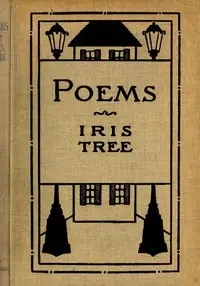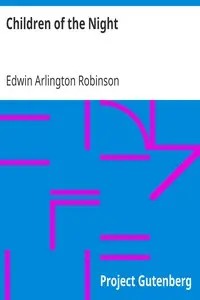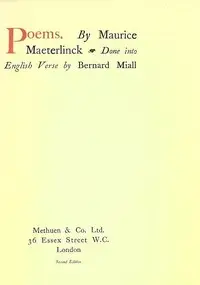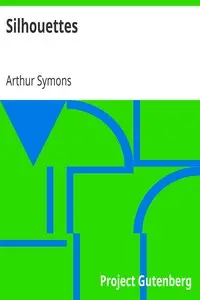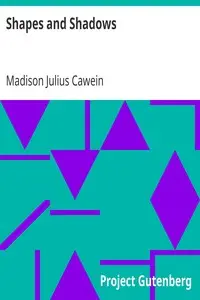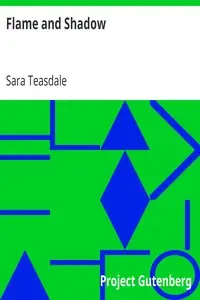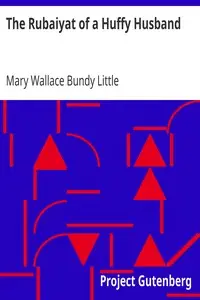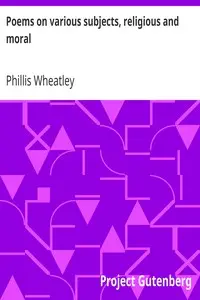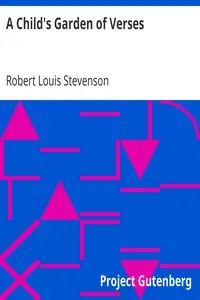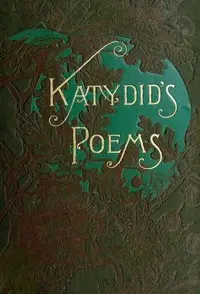"The Shadow-Eater" by Benjamin De Casseres is a compilation of poems originating from 1917 that plunges into the complexities of human existence. The verses use vivid descriptions to confront the confusion of life, suffering, and the search for purpose within an uncaring world. These poems offer a perspective that wrestles with deep questions about who we are. They follow someone going through a difficult journey, showing feelings of hopelessness while pushing back against what society expects and even powers that be. The poems expose a battle within, where love appears harmful, and the poet's yearning for truth reveals haunting images of death and sadness. Essentially, "The Shadow-Eater" is a moving look at the human mind, vividly capturing the push and pull between good and bad, growth and decline, and the never-ending search for oneself in the face of a vast existence.
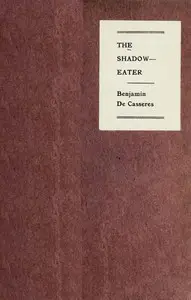
The Shadow-Eater
By Benjamin De Casseres
Explore a haunting collection of poems where a tormented soul battles inner demons, destructive love, and the daunting search for truth in a chaotic world.
Summary
About the AuthorBenjamin De Casseres was an American journalist, critic, essayist and poet. He was born in Philadelphia and began working at the Philadelphia Press at an early age, but spent most of his professional career in New York City, where he wrote for various newspapers including The New York Times, The Sun and The New York Herald. He was married to author Bio De Casseres, and corresponded with prominent literary figures of his time, including H. L. Mencken, Edgar Lee Masters, and Eugene O'Neill. He was a distant relative of Baruch Spinoza and was of Sephardic descent.
Benjamin De Casseres was an American journalist, critic, essayist and poet. He was born in Philadelphia and began working at the Philadelphia Press at an early age, but spent most of his professional career in New York City, where he wrote for various newspapers including The New York Times, The Sun and The New York Herald. He was married to author Bio De Casseres, and corresponded with prominent literary figures of his time, including H. L. Mencken, Edgar Lee Masters, and Eugene O'Neill. He was a distant relative of Baruch Spinoza and was of Sephardic descent.

